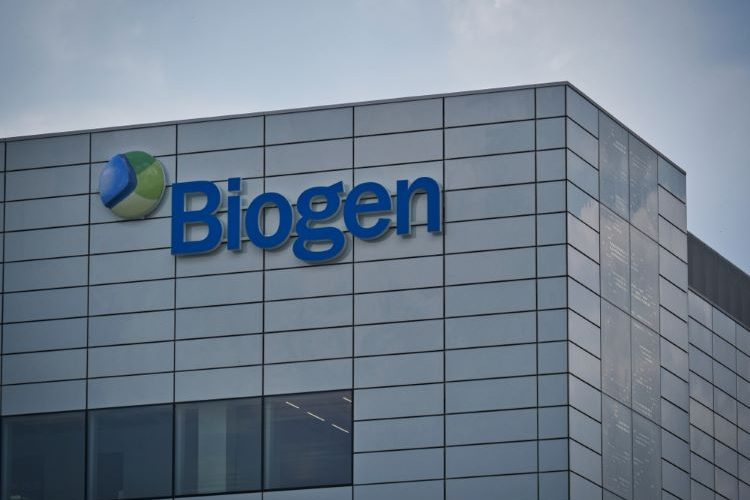MHRA approves Leqembi IV maintenance as additional Alzheimer’s option
Posted: 14 November 2025 | Catherine Eckford (European Pharmaceutical Review) | No comments yet
Decision provides UK Alzheimer’s patients with an alternative administration method for Eisai and Biogen’s antibody drug.


Credit: PictureDesignSwiss / Shutterstock.com
Eisai and Biogen have received UK approval for intravenous (IV) maintenance dosing of Leqembi (lecanemab) for patients with early Alzheimer’s, expanding treatment options for the disease.
The Medicines and Healthcare products Regulatory Agency (MHRA)’s authorisation permits the use of the humanised anti-soluble aggregated amyloid-beta (Aβ) monoclonal antibody in eligible patients once every four weeks.
After 18 months of a dosing regimen of 10 mg/kg once a fortnight, patients may be transitioned to the maintenance dosing regimen of 10 mg/kg once every four weeks. Otherwise, they may continue a regimen of 10 mg/kg once every two weeks.
This dosing regimen is also approved in countries such as the US and China and Leqembi itself is approved in 51 countries with further regulatory reviews active in nine countries.
The UK medicine agency’s latest authorisation follows the European Commission’s approval of Leqembi in April”
The UK medicine agency’s latest authorisation follows the European Commission’s approval of Leqembi in April.
Although the MHRA’s approval of the drug in August 2024 made the UK the first European country to authorise Leqembi, its use on the NHS was rejected by the National Institute for Health and Care Excellence (NICE) two months later. The committee cited unjustifiable costs, with its Director of Medicines Evaluation Helen Knight claiming a “lack of long-term evidence of effectiveness”.
Expanding treatment options for Leqembi
Four-year findings from the phase III Clarity AD Open-Label Extension in Early Alzheimer’s Disease, presented at the Alzheimer’s Association International Conference 2025 in July, pointed to subcutaneous autoinjector dosing of Leqembi as a potential new expanded treatment option.
The initial data showed that this administration method was comparable in efficacy and safety to intravenous formulation. Positively, it slowed clinical decline by 1.75 points vs expected decline based on the ADNI group, on the global and functional scale CDR-SB.
Additionally, long-term administration data of lecanemab from the Clarity AD study presented at the congress in 2024, can be viewed here.
Eisai leads development and global regulatory submissions for Leqembi and has final-decision making authority over the antibody drug. Both Eisai and Biogen co-commercialise the medicine.
Related topics
Antibodies, Big Pharma, Biologics, Clinical Development, Clinical Trials, Drug Development, Drug Safety, Industry Insight, Regulation & Legislation, Research & Development (R&D), Therapeutics









